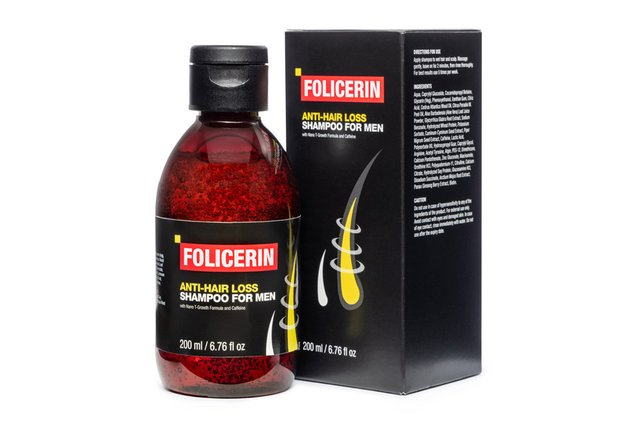how to control hair loss??

Hair loss in men is often influenced by genetic factors and hormonal changes, primarily the
hormone dihydrotestosterone (DHT). While you cannot completely prevent male pattern baldness, there are several strategies you can use to help slow down or manage hair loss:
Medications:
Minoxidil (Rogaine): This over-the-counter topical treatment can help slow hair loss and promote hair regrowth. It is available in liquid or foam form and needs to be applied directly to the scalp as directed.
Finasteride (Propecia): This prescription medication works by inhibiting the conversion of testosterone into DHT, the hormone responsible for male pattern baldness. It can be effective in reducing hair loss and stimulating hair regrowth, but it may have side effects. Consult a healthcare professional before using finasteride.
Low-Level Laser Therapy (LLLT): LLLT devices, such as laser combs or helmets, emit low-level laser light that can stimulate hair follicles and promote hair growth. Some individuals find this therapy helpful.
Platelet-Rich Plasma (PRP) Therapy: PRP involves drawing a small amount of blood, processing it to concentrate platelets, and then injecting it into the scalp. This treatment may help stimulate hair follicles and improve hair growth.
Hair Transplant Surgery: Hair transplant procedures, such as follicular unit transplantation (FUT) and follicular unit extraction (FUE), involve moving healthy hair follicles from one part of the scalp to areas with thinning or no hair. These surgeries can provide more permanent results, but they can be costly and may require multiple sessions.
Proper Hair Care:
Use a mild, sulfate-free shampoo and conditioner.
Avoid excessive heat styling and harsh chemical treatments.
Be gentle when towel-drying and brushing your hair to minimize damage.
Consider using a wide-toothed comb or a soft brush to prevent hair breakage.
Healthy Lifestyle:
Maintain a balanced diet rich in essential vitamins and minerals.
Stay hydrated by drinking enough water.
Exercise regularly to promote overall health, which can indirectly support hair health.
Manage stress through relaxation techniques, exercise, or meditation.
Avoid Tight Hairstyles: Wearing hairstyles that pull on the hair (e.g., tight ponytails or cornrows) can contribute to hair loss. Opt for looser hairstyles to reduce stress on the hair follicles.
Medication Side Effects: If you suspect that medications you are taking are causing hair loss, consult your healthcare provider. They may be able to adjust your medication or recommend alternatives.
Consult a Specialist: If your hair loss is severe or progressing rapidly, consider consulting a dermatologist or hair loss specialist. They can diagnose the underlying cause of your hair loss and recommend appropriate treatments.
Acceptance and Styling: Sometimes, accepting hair loss and embracing a new hairstyle can be empowering. Shorter hairstyles, buzz cuts, or a completely shaved head can be stylish and boost self-confidence.
It's essential to note that results from these treatments can vary from person to person. Additionally, addressing hair loss early can be more effective than trying to regain lost hair. Consult with a healthcare professional or dermatologist to discuss your specific situation and develop a personalized plan to manage hair loss.